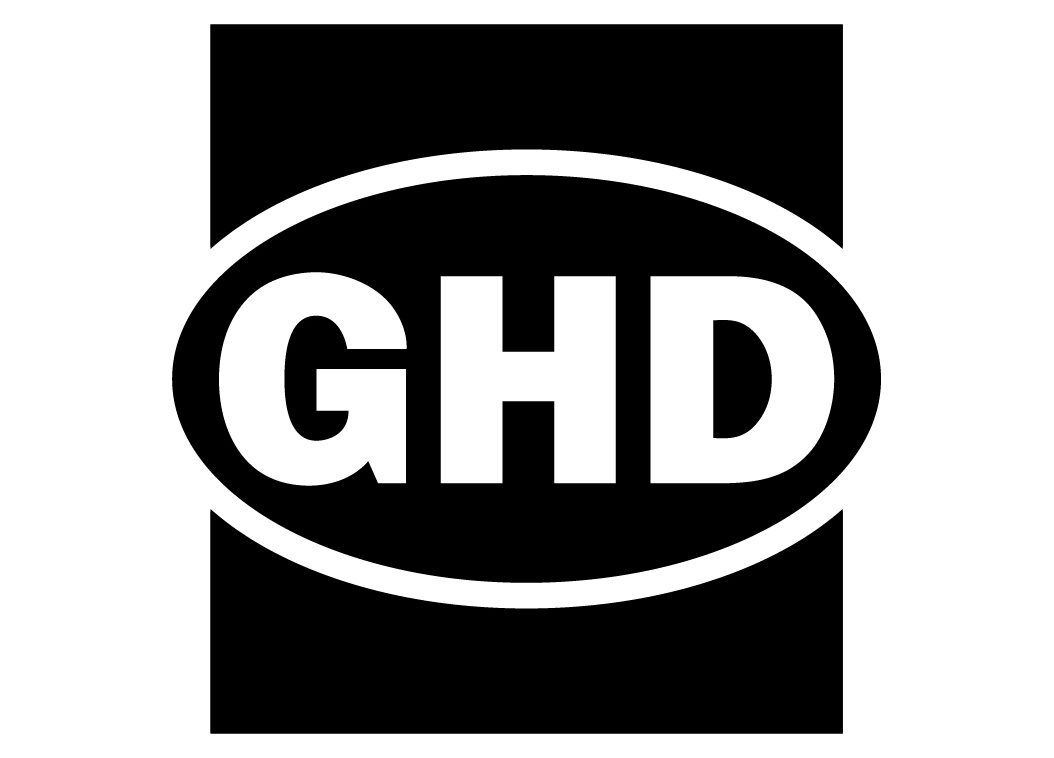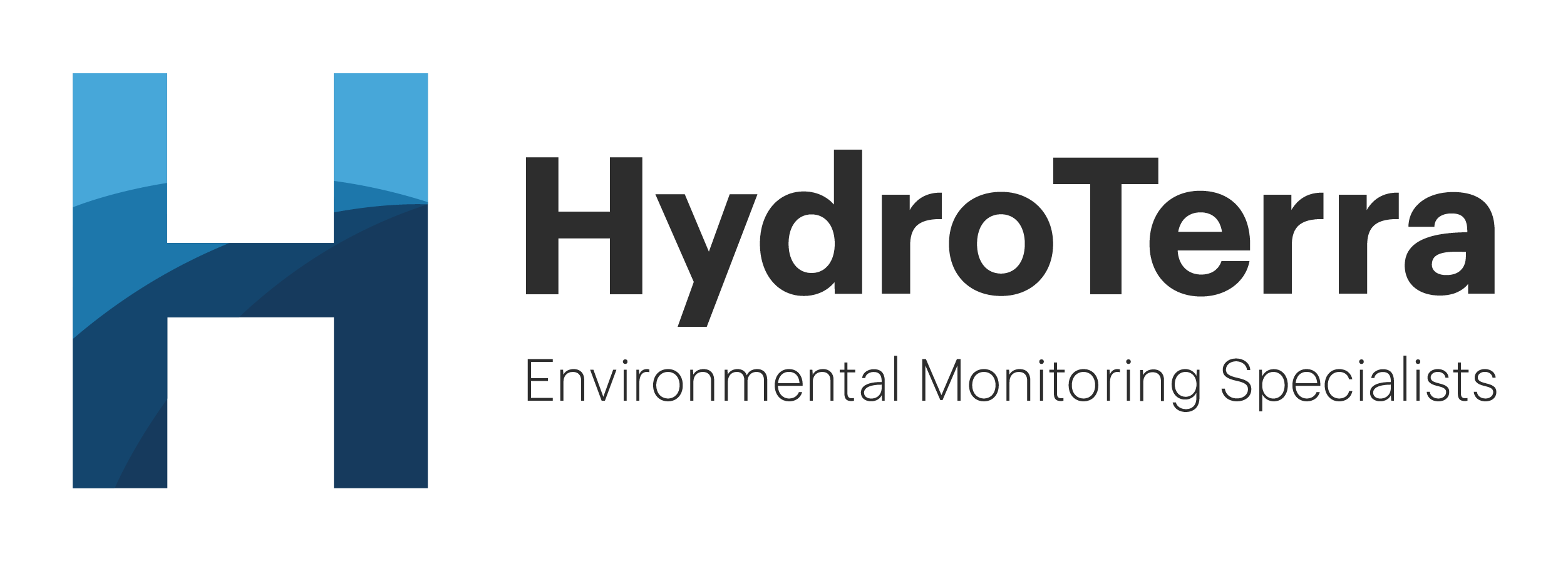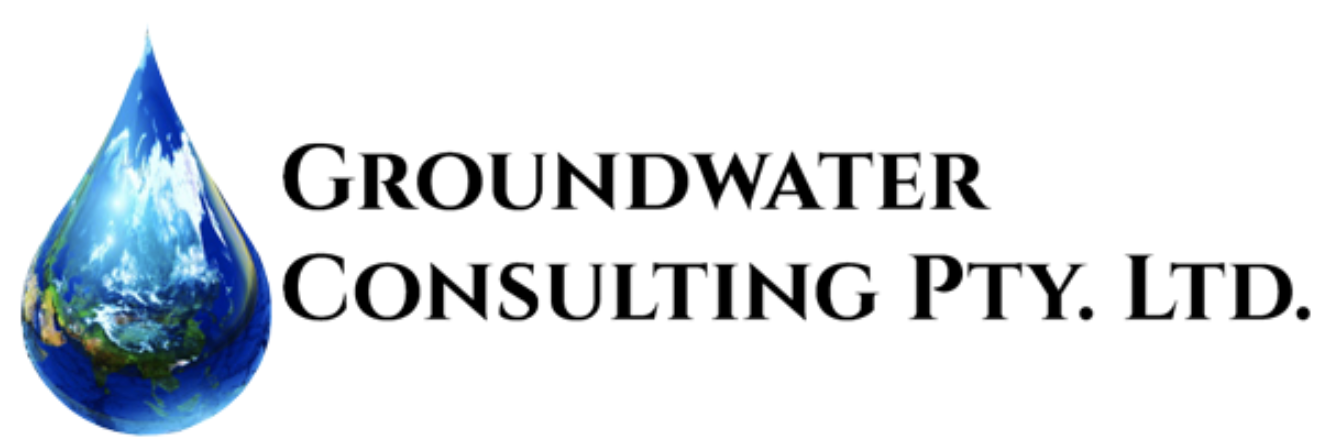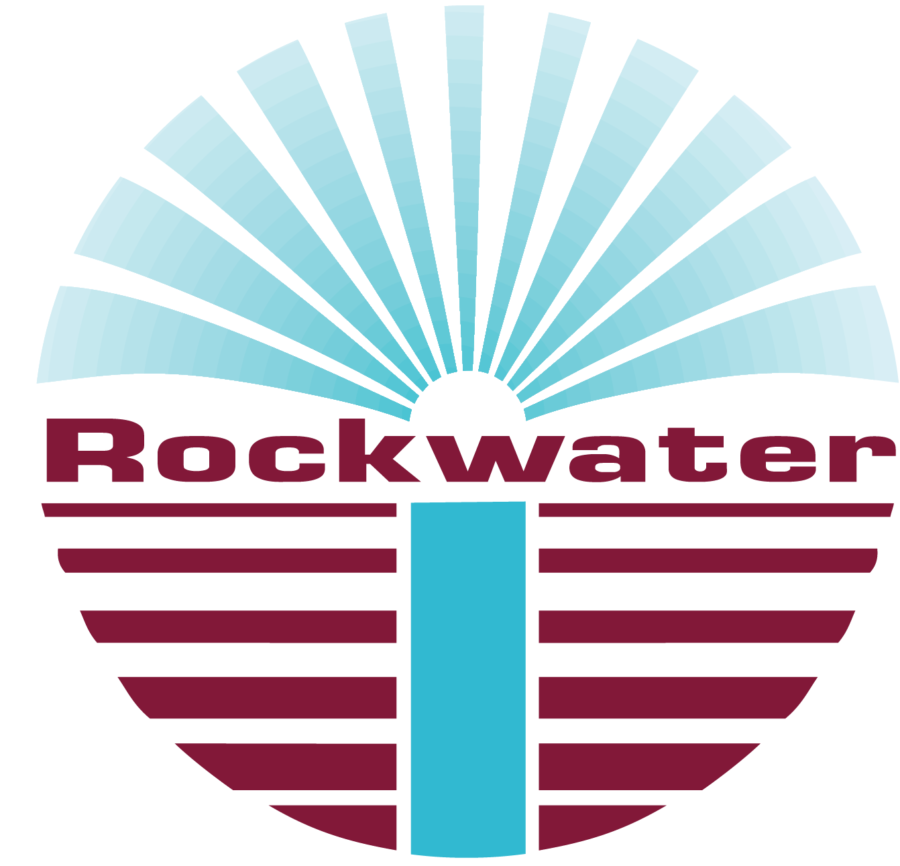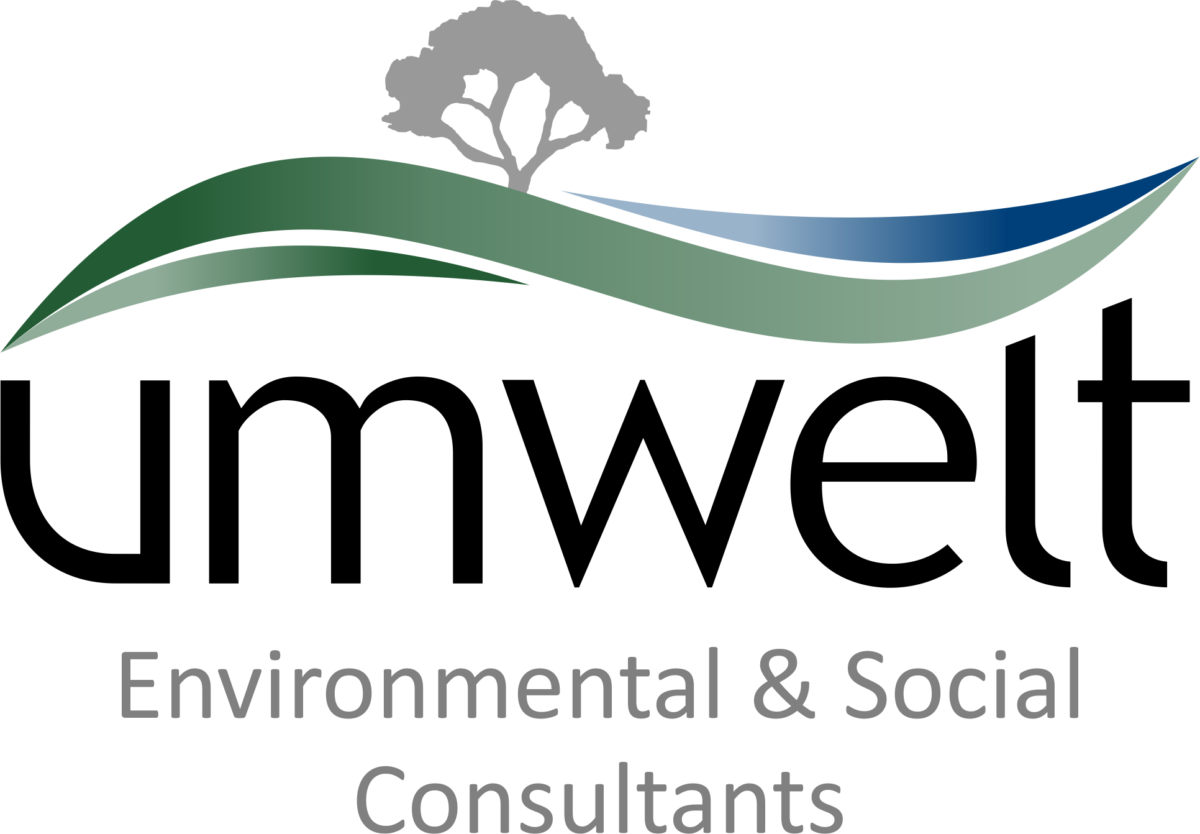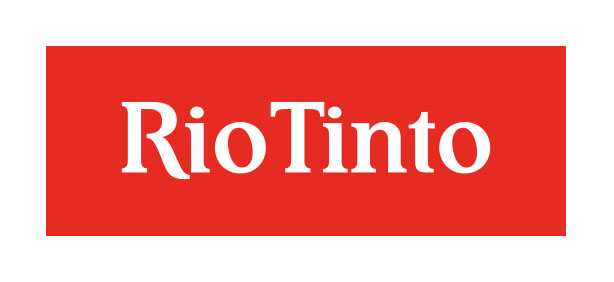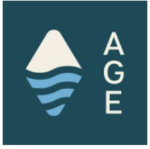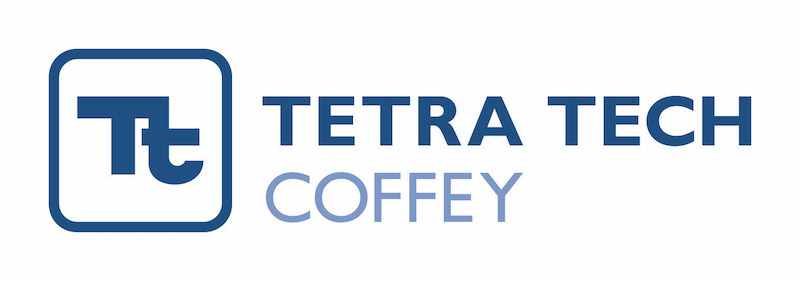The IAH invite all members to attend a jointly sponsored (AIG, GSA, ASEG, AusIMM and IAH) presentation of findings of investigations in to unravelling the hidden groundwater resources of the Paterson and Murchison provinces of Western Australia. Pauline English of Geoscience Australia will discuss the application of diverse techniques including gravity, AEM, radiometrics, topographic models, drilling, bore installation and water level monitoring, along with isotopic analysis of sampled waters from disclosed aquifers.
Abstract
Secure, reliable and accessible water supplies are essential across the whole ofAustralia. Within the extensive arid parts of the country surface water supplies are non-existent and water security is reliant upon groundwater to meet the often competitive requirements of remote communities, the pastoral and mining industries and the environment. Greater understanding and predictability of groundwater resources in these regions is imperative for current and sustainable future water supplies. Palaeovalleys – sediment-filled old river valleys that exist across the continent – offer a hidden groundwater resource in widespread regions of aridAustralia, including cratonic provinces. Their potential is now being ‘uncovered’ to increase understanding of these distinctive aquifers towards long-term sustainability of their precious groundwater resources.
Work in the Paterson and Murchison provinces of WA to unravel preliminary information about arid zone palaeovalleys – including those obscured beneath desert dunefields – and their groundwater resources has involved application of diverse techniques: gravity, AEM, radiometrics, topographic models, drilling, bore installation and water level monitoring, along with isotopic analysis of sampled waters from disclosed aquifers. These applications were aimed at detecting the presence and distribution of palaeovalley systems and assessing their hydrogeological properties in nominated demonstration studies in regions where information has previously been lacking but where demands for water supplies are increasing. The demonstration studies also aimed to facilitate extrapolation of our new understanding to wider regions and help assess the sustainability of these water resources in the face of competing demands for the future.
About the speaker
Pauline English has been in Geoscience Australia’s Groundwater Group for over 6 years. She was a foundation member of the group, which was charged with the challenge to re-establish a national groundwater research and advice capacity at GA. The group aimed to demonstrate Geoscience Australia’s unique geoscientific role with respect to Australian hydrogeology and national water resource priorities. The groups’ first proposal, the ‘Arid Zone Palaeovalley Groundwater Project’, was approved by the National Water Commission and at the Federal Ministerial level, attracting almost $5 M funding for the 4½ year project. GA was given responsibility to lead and execute the project and to bring together a consortium of state partners in Western Australia, South Australia and the Northern Territory.
Pauline completed a PhD at the Research School of Earth Sciences (RSES), ANU, in 2001, researching Cenozoic Geology and Hydrogeology in central Australia. She originally investigated groundwater as a diagenetic agent but her focus steadily shifted towards researching Cenozoic basins and palaeovalleys as little-known aquifer systems that can contain valuable groundwater resources across inland Australia. During her PhD years she also worked on hydrogeological projects at AGSO. Her earlier background was in igneous and metamorphic geology, including 1st Class Honours for her mapping project in the Victorian Alps.
For the past few years Pauline has dedicated herself to the Palaeovalley Groundwater Project, particularly investigations inWestern Australia. She is happy to share some of her experiences and findings from these recent years in outback regions where little to no previous regional hydrogeological investigations have been undertaken.
Come join us
Pauline will be speaking at the City West Function Centre on Thursday, 27 September from 5:30pm. The event is free to all IAH members, however for catering purposes, registration for the event is required. Click here to register.






